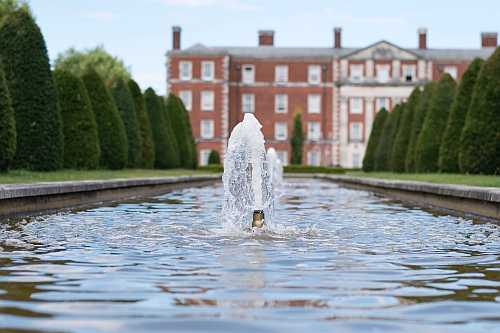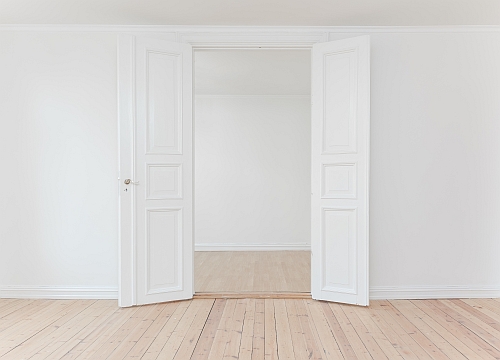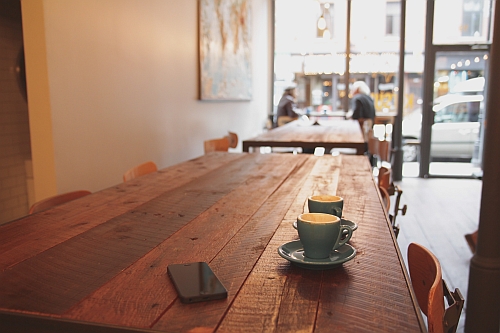
I once wrote about a peculiar practice I do to help me become a less judgmental person. Whenever I’m out in public and I catch myself judging a stranger—for such offenses as poor sidewalk-sharing, or imprecise parking—I resolve instead to temporarily become their secret ally.
Unbeknownst to the other person, I’ve gone from silently resenting them to silently watching out for them. For the short time we’re in the same vicinity, I’m prepared to leap into action should they need any sort of help. If they appeared to need directions, I’d offer. If their grocery bags were to tear, I’d help collect the rolling fruit.
I’ve almost never had to actually spring into action, aside from helping people reach things in grocery stores, but that’s not the main purpose. Essentially I’m training myself to view others with goodwill, rather than judgment.
And it works. My helping reflex is stronger and my judging reflex is weaker. Becoming a secret ally also makes me feel happier right in that moment.
Part of what’s so empowering about this practice is that it’s totally portable and self-contained. It doesn’t matter what happens, or what the other person does. Simply assuming the role of a helpful person, in any situation, helps me become a more naturally helpful person, and also creates an immediate sense of well-being. It’s like I’m making goodness out of nothing. It almost feels like cheating, like some kind of alchemical secret.
Read More

I’ve always liked the Blaise Pascal quote, “I have
discovered that all the miseries of men derive from one single fact: that they
cannot sit quietly in their own room.”
People interpret this famous pronouncement all sorts of ways, but if you look up the context, it’s clear he’s saying “we prefer the chase over the quarry.” In other words, we live more easily in a state of pursuing future experiences than settling into the experience we’re having.
It makes sense from an evolutionary perspective. We’re less likely to be descended from easily-contented hunter-gatherers than from the ones who got antsy if they took too long to go out hunting and gathering again.
You could say that this persistent restlessness is nature’s way of keeping a little fire under our butts—one that makes “elsewhere and later” seem like a more suitable site for happiness than here and now.
This is a delusional belief, however, because once you get to that particular “elsewhere,” it’s already become another “here,” complete with that same fire of discontent under your butt. Another future-based haven soon forms in your mind’s eye, and you’re off trying to make that your new present.
Read More

I’m in the back room of a coffee shop right now, switching
between writing and another mental exercise: pretending I’m not here.
I don’t mean I’m wearing a disguise, or hiding behind a
potted plant. I’m doing a perspective-shifting practice that I’d recommend to
anyone: now and then, wherever you are, look at the scene in front of you as
though it’s happening without you.
From any seat, or standing spot, anywhere—in an office, a breakfast diner, a public square, a waiting room—see your surroundings just as they’d be if you weren’t here to see them.
Focus on the look and feel of the setting. The way the light lays across things. Take it in like a shot from a movie. Notice the movement and speech of people or animals, the soundscape and overall ambiance. It’s just a little corner of the world where things are unfolding, and you’re not here. Maybe nobody is.
When you do this, you might notice a certain lightness or simplicity arising. Things are more poignant. Everything seems less complicated, because it’s just stuff happening, not stuff happening to you.
Read More



 I'm David, and Raptitude is a blog about getting better at being human -- things we can do to improve our lives today.
I'm David, and Raptitude is a blog about getting better at being human -- things we can do to improve our lives today.
I highly recommend a consistent, daily meditation practice! For years I was interested in meditation, but never did much more than read a lot about it, and think a lot about it... but that doesn't hold a candle to actually sitting and meditating every day. I find it helpful to keep...